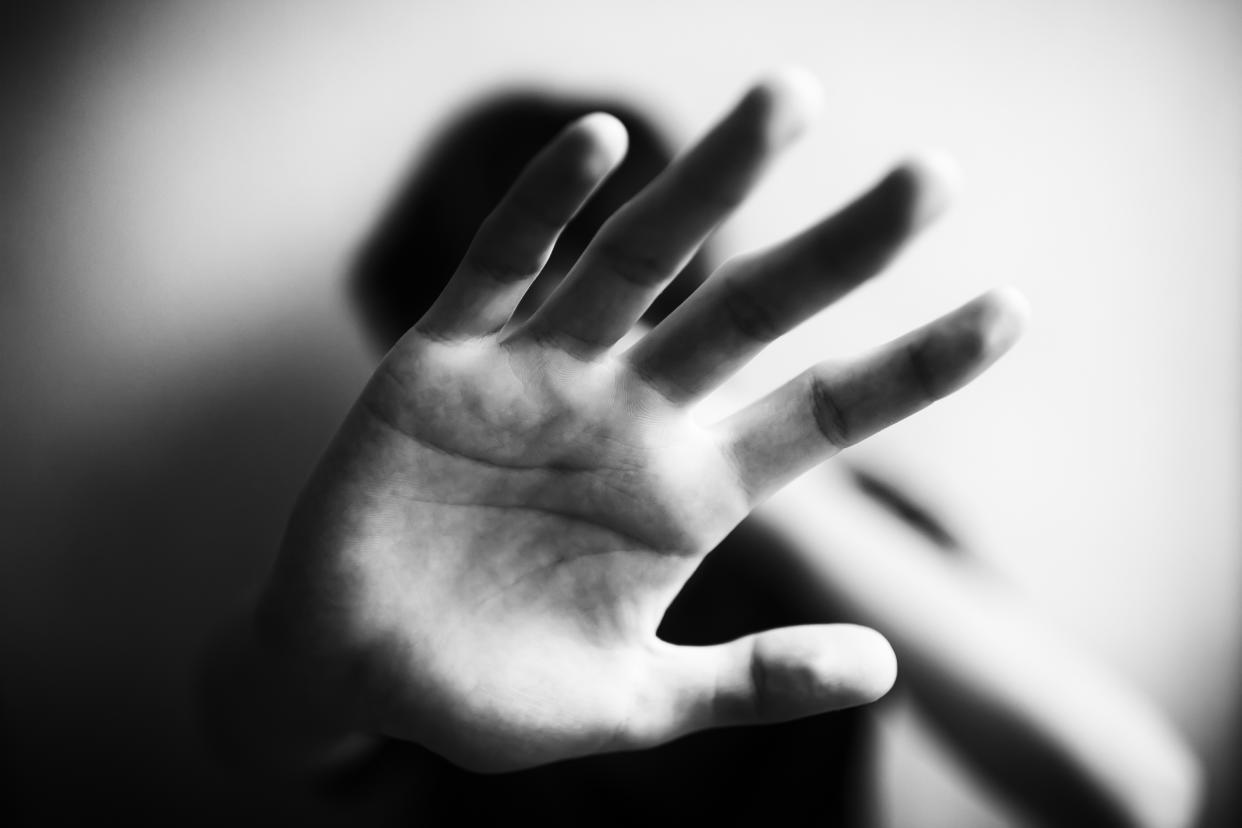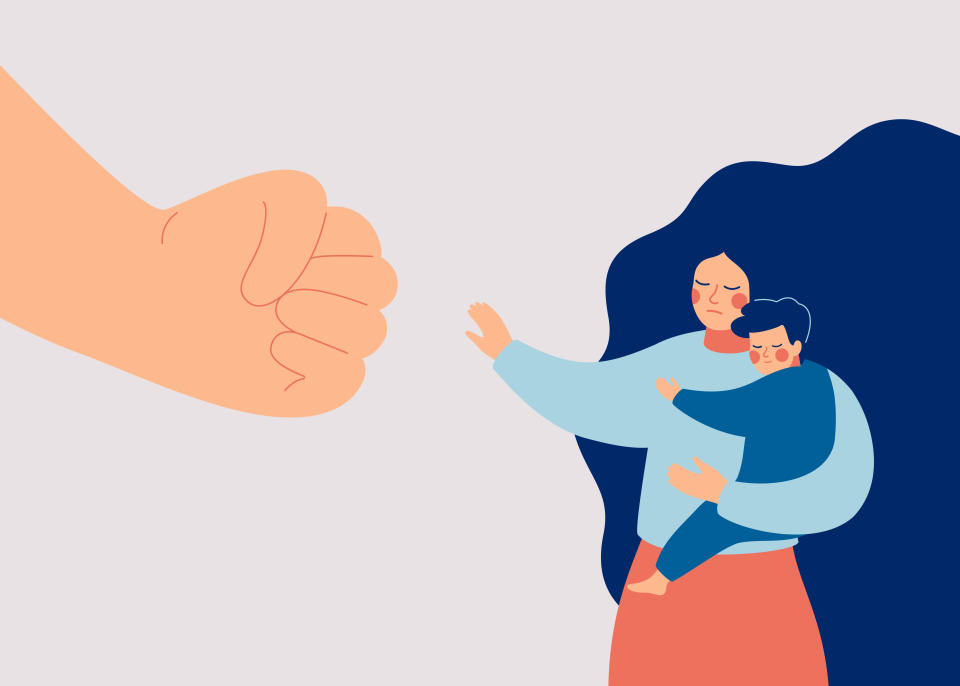Increase in domestic violence-related calls as families forced to stay at home: Aware Singapore

Domestic abuse can touch anyone, anywhere, but more often than not it is women and children who are most at risk. During this period of isolation and community lockdowns around the world, it seems that being forced into seclusion has led to an increase in abuse of women.
In Canada there have been at least three cases of gender-based murder since the coronavirus lockdown began. In China, an NGO dedicated to combating violence against women has seen a surge in help line calls since February. Spanish domestic violence groups have had 18% more calls in the first two weeks of lockdown compared to the previous month. France has reported a 30% increase nationwide in domestic violence since the beginning of its lockdown period.
Even the United Nations’ Secretary General António Guterres has called for urgent action to combat this global increase in domestic abuse: “I urge all governments to put women’s safety first as they respond to the pandemic.”
What is happening in Singapore?
In Singapore, Association of Women for Action and Research’s (Aware) helplines in February saw a 33% increase in domestic violence-related calls compared to the previous year, says Ms Shailey Hingorani, head of Research and Advocacy for Aware.
“While we do not have a more detailed breakdown for March, overall, our Helpline calls have been surging. We received 619 calls in March, which is the highest-ever number of monthly calls at Aware’s helpline. These are ALL calls to Aware, not just the ones relating to domestic violence.”
Warning signs of domestic abuse
First of all, not all domestic abuse involves violence says Hingorani: “It is important to note that there are many forms of domestic violence, including physical, verbal, sexual, psychological and so on.”
So even if you are not being hit, it does not mean you are not being abused.
“Beyond acts of physical violence, abusers often exhibit controlling behaviours, such as monitoring and limiting their victims’ movements, relationships and activities in an attempt to isolate them from the outside world.
“They may also deny them food, water or sleep. They may also perpetrate harassment, insults, threats, humiliations or blackmail,” says Hingorani.

What can you do about domestic abuse?
If you feel as though you, a friend, or a family member, is at risk of domestic abuse, there are some actions you can take.
“We [at Aware] believe that the onus should not be on women to protect themselves from violence. In the case of domestic violence, women are typically just trying to get by as best they can in their own homes. We believe that the onus should be on abusers to check their own violent impulses and seek help if necessary, for example, from an organisation like Pave,” says Hingorani.
“That said, it may help domestic violence victims to formulate a safety plan, which allows them to visualise the steps they could take in an emergency. This can include a safe place where they could go, an excuse to give to the abuser, a code or signal to allies, a secret stash of emergency money, and to keep a physical list of important numbers they could call for assistance.”
You are not alone
Being in a situation where you feel you are in danger, can be terribly isolating and emotionally disruptive. You may not have any money, or have a close support system to help you through. However there are some options available.
“Aware's support services for women are free or low-cost. Our staff and volunteers can offer emotional support to women and help them to come up with the best course of action for their situations. That may involve filing a police report or making an application for a Personal Protection Order, or referring them to a Family Violence Specialist Centre or crisis shelter,” explains Hingorani.
All of Aware’s services can be done on the phone or via an online platform - especially important during the Circuit Breaker lockdown. The services include counselling, legal consultation, friendly support, support groups and case management.
“Our Women's Helpline and Sexual Assault Care Centre Helpline are still open with normal hours. We also have a callback form that callers can fill out if they don't get through immediately.”
There are also other groups dedicated to protecting women like the Family Service Centres and Family Violence Specialist Centres - such as Pave, Care Corner Project Start and Trans Safe Centre - which are also offering services remotely. Callers can find out their closest FSC by calling ComCare on 1800 222 0000.
“Crisis shelters are open; social service agencies can refer callers to the crisis shelter. Domestic violence survivors may also consider calling a hospital or the police in emergency situations,” says Hingorani.
Aware Women’s Helpline: 1800 777 5555 (Mon–Fri, 10am–6pm) / Sexual Assault Care Centre Helpline: 6779 0282 (Mon–Fri, 10am–10pm) / Workplace Harassment and Discrimination Advisory: 6950 9191 (Mon-Fri, 10am-6pm).
SINGAPORE
For information about the COVID-19 outbreak in Singapore go to https://www.gov.sg/features/covid-19.
If you are struggling with thoughts or feelings about suicide, contact SOS on 1800 221 4444 (24hrs). If you have concerns about mental health issues, contact Emergency Helpline (IMH) on 6389 2222 (24hrs). For more information and help dealing with mental health issues, go to www.healthhub.sg/findhelp_servicesformentalhealthsupport.
MALAYSIA
For information about the COVID-19 outbreak in Malaysia go to http://www.moh.gov.my/index.php/pages/view/2019-ncov-wuhan.
If you are struggling with thoughts or feelings about suicide, contact Lifeline on (+603) 4265 7995 (24hrs). If you have concerns about mental health issues, contact the Malaysian Mental Health Association on (+603) 7782 5499. For more information and help dealing with mental health issues, contact the Befrienders on (+603) 79568144 or (+603) 7956 8145; or go to www.befrienders.org.my.
PHILIPPINES
For information about the COVID-19 outbreak in the Philippines go to https://www.doh.gov.ph/2019-nCoV.
If you are struggling with thoughts or feelings about suicide, contact Lifeline on (02) 8969191 or 0917 854 9191. If you have concerns about mental health issues, contact the National Center for Mental Health (NCMH) Crisis Hotline on 0917 899 8727 (USAP) and 989 8727 (USAP). For more information and help dealing with mental health issues, go to the National Center for Mental Health at ncmh.gov.ph.


